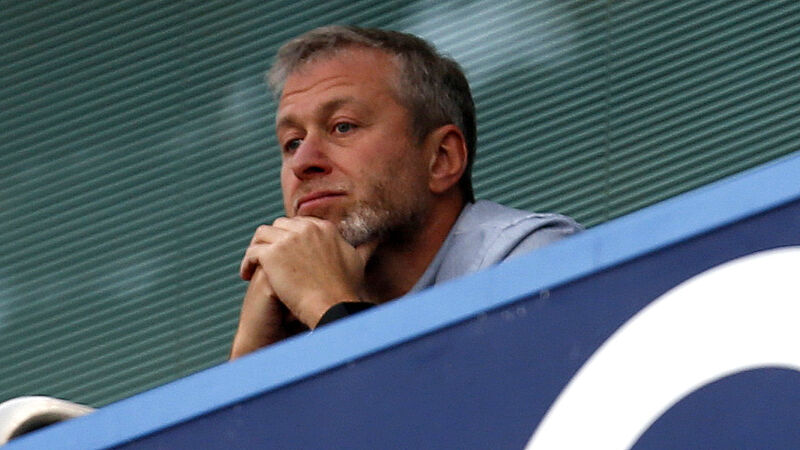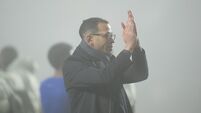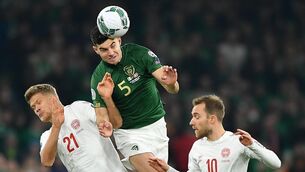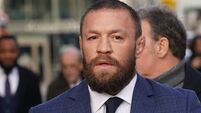Tommy Martin: The great oligarch survivor, Roman Abramovich now part of the fabric of English football

Chelsea owner Roman Abramovich has not been to Stamford Bridge since 2018, when he was denied a UK visa in what was believed to be a hardening of British attitudes to Russia.
In the current political climate, perhaps we should avoid describing Roman Abramovich as ‘trigger-happy’.
The image of the cold-blooded Russian assassin has long been associated with the Chelsea owner, thanks to his fondness for dispatching underperforming managers. But given that there are plenty of actual cold-blooded Russian assassins in the news these days, maybe we should choose our words more carefully.









